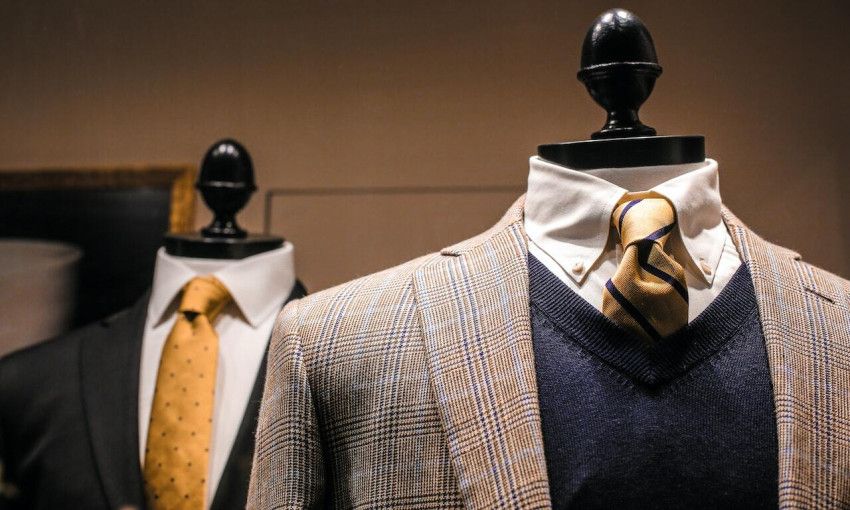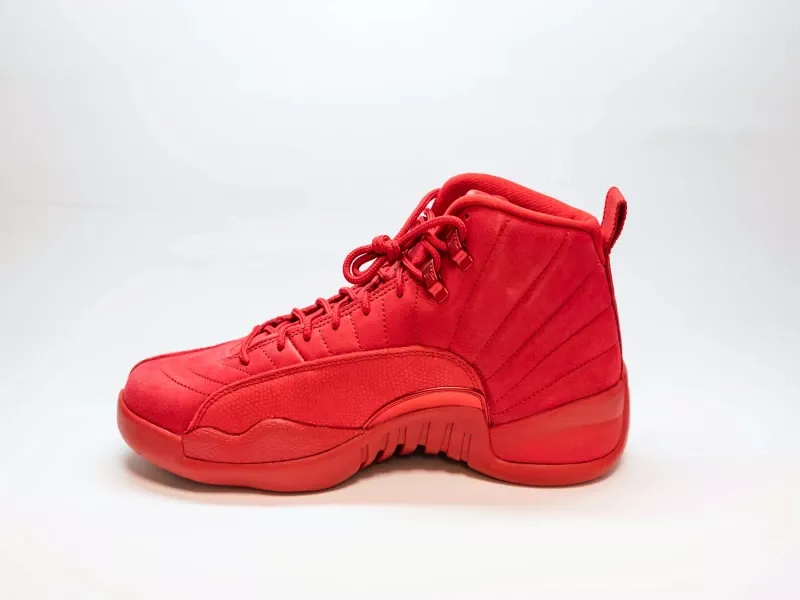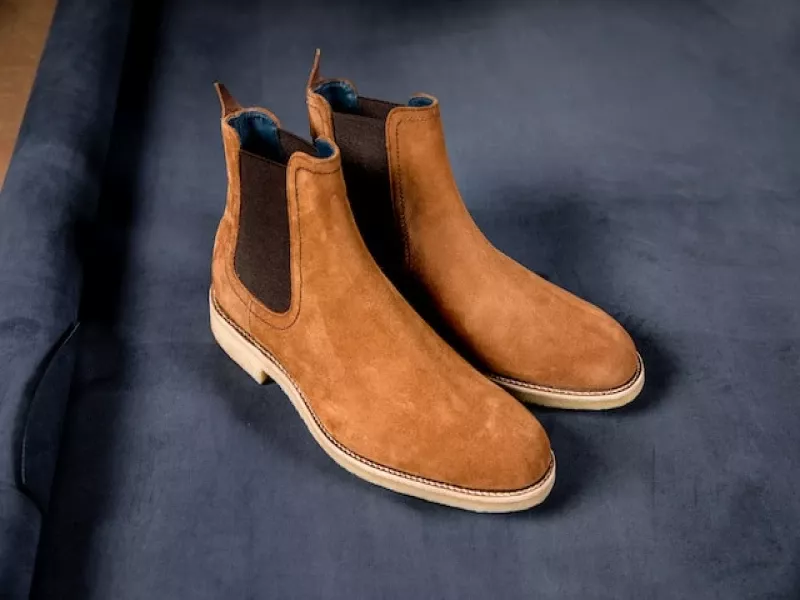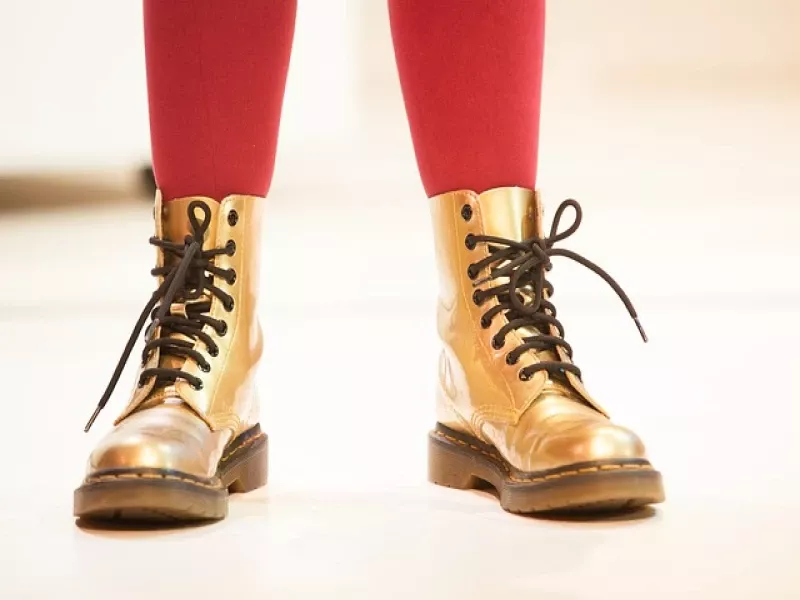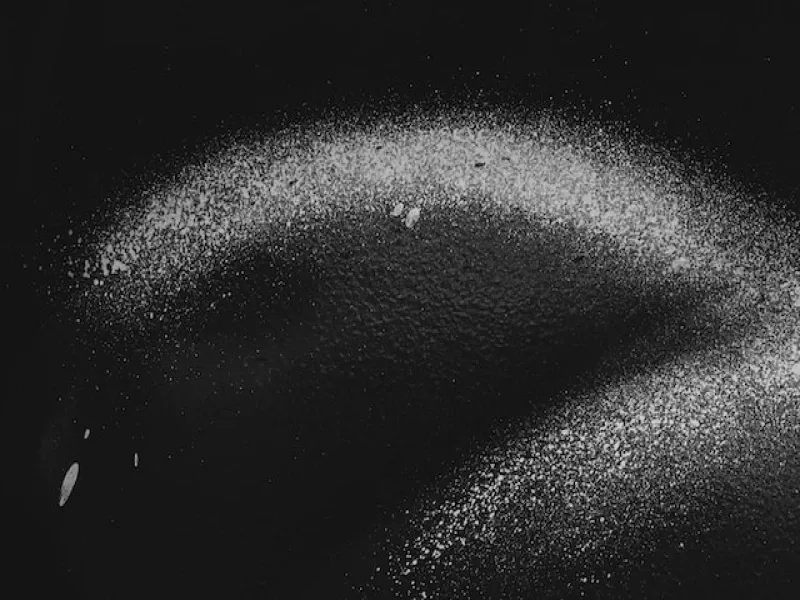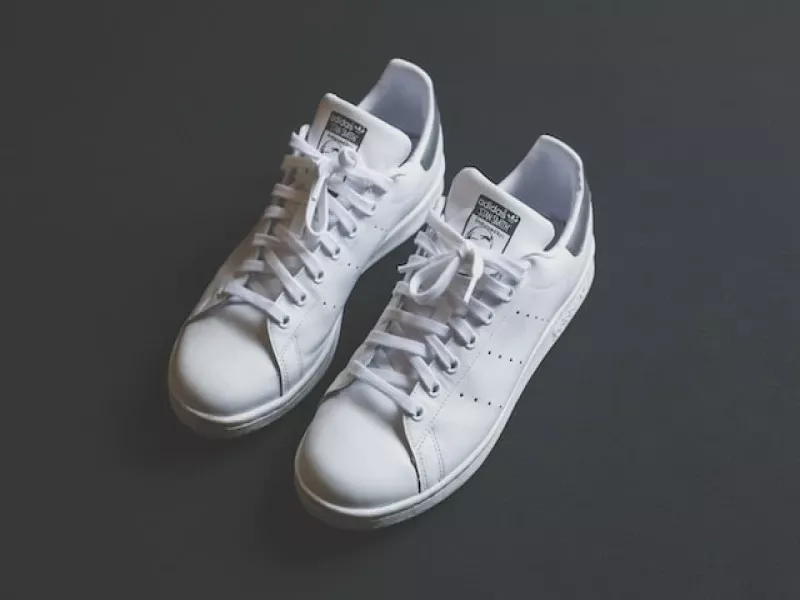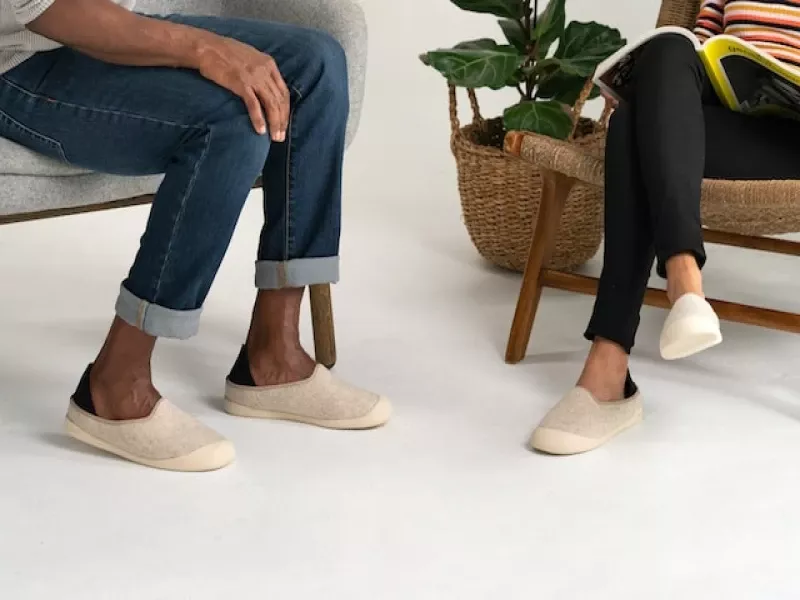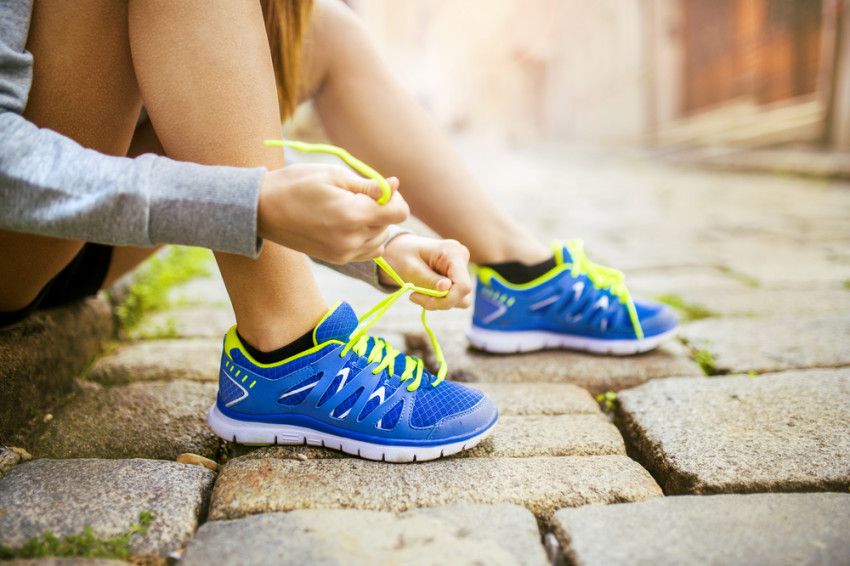
How long do running shoes last?
Every runner knows the importance of a good pair of running shoes. They can make or break your running experience and play a crucial role in preventing injuries. But how long do running shoes last, and when is it time to replace them? This is a question that many runners ponder, especially if they've invested a significant amount of money in their shoes. In this article, we will explore the factors that determine the lifespan of running shoes, how to know when it's time to replace them, and tips for prolonging their life.
A pair of running shoes: how long do they actually last? Of course, it depends on several factors. Running shoes are an essential piece of gear for any runner. They are not only a necessary tool for performance, but also for injury prevention. However, running shoes don't last forever, and as they start to wear down, they can lose their support, cushioning, and overall effectiveness. The lifespan of running shoes depends on several factors. We will explore these factors in detail and provide tips on how to maximize the lifespan of your running shoes, saving you money and ensuring optimal performance on your runs.
Factors that determine the lifespan of running shoes
Serveral factors influence the lifespan of running shoes. We'll list them for you:
Mileage
One of the most critical factors in determining the lifespan of running shoes is the mileage you've accumulated in them. On average, running shoes can last anywhere between 300 to 500 miles. However, this number may vary depending on several factors such as the shoe's quality, running style, and the runner's weight.
Running style
Your running style, or gait, can significantly impact the lifespan of your running shoes. If you have a smooth, efficient stride, your shoes will likely last longer than if you have a heavy or uneven gait. Runners who overpronate (roll their feet inward) or supinate (roll their feet outward) may experience uneven wear on their shoes, requiring replacement sooner.
Shoe quality
Higher-quality running shoes, made with durable materials and construction, will typically last longer than lower-quality options. While these shoes may come with a higher price tag, they can be a worthwhile investment, as they will likely last longer and provide better support.
Runner's weight
Heavier runners may find that their shoes wear out more quickly due to the increased pressure placed on the shoe's cushioning and support. This is especially true for those who engage in long-distance running or run on rough terrain.
Signs that it's time to replace your running shoes
There are several ways to identify if your shoes are due for replacement. Check the outsole of your running shoes for signs of uneven or excessive wear. If you notice that certain areas, such as the heel or forefoot, are more worn down than others, it may be time to invest in a new pair. Uneven wear can lead to imbalances in your stride, increasing the risk of injury.
One of the primary functions of running shoes is to provide cushioning and shock absorption. Over time, this cushioning can break down, leading to a less comfortable running experience and potentially increasing the risk of injury. If you feel that your shoes are no longer providing adequate cushioning or support, it's time to replace them.
Experiencing pain or discomfort while running can be a sign that your shoes are no longer providing the support and stability you need. This could be due to worn-out cushioning, a breakdown in the shoe's structure, or uneven wear. If you notice persistent discomfort while running, consider trying a new pair of shoes.
Tips for Prolonging the Life of Your Running Shoes
If you run frequently, consider having more than one pair of running shoes and rotating them. This will allow each pair to rest and recover between runs, potentially prolonging their lifespan. Also, keep your shoes clean. Dirt and debris can be abrasive, wearing down the materials of your shoes. To prolong their life, clean your shoes regularly by removing dirt and debris with a brush or damp cloth. Avoid submerging your shoes in water or using harsh chemicals, as this can damage the materials. Finally, proper storage can help maintain the integrity of your running shoes. Keep them in a cool place away from moisture.
Conclusion
The lifespan of running shoes can vary greatly, with factors such as mileage, running style, shoe quality, and the runner's weight all playing a role. On average, running shoes should be replaced every 300 to 500 miles, but it's essential to pay attention to signs of wear and tear, such as uneven wear, diminished cushioning, and persistent pain or discomfort. By taking proper care of your shoes and using them for their intended purpose, you can help prolong their life and ensure a more comfortable and injury-free running experience. Remember, investing in a quality pair of running shoes is an investment in your health and well-being, so don't hesitate to replace them when necessary.
Important advice on how to clean your shoes

